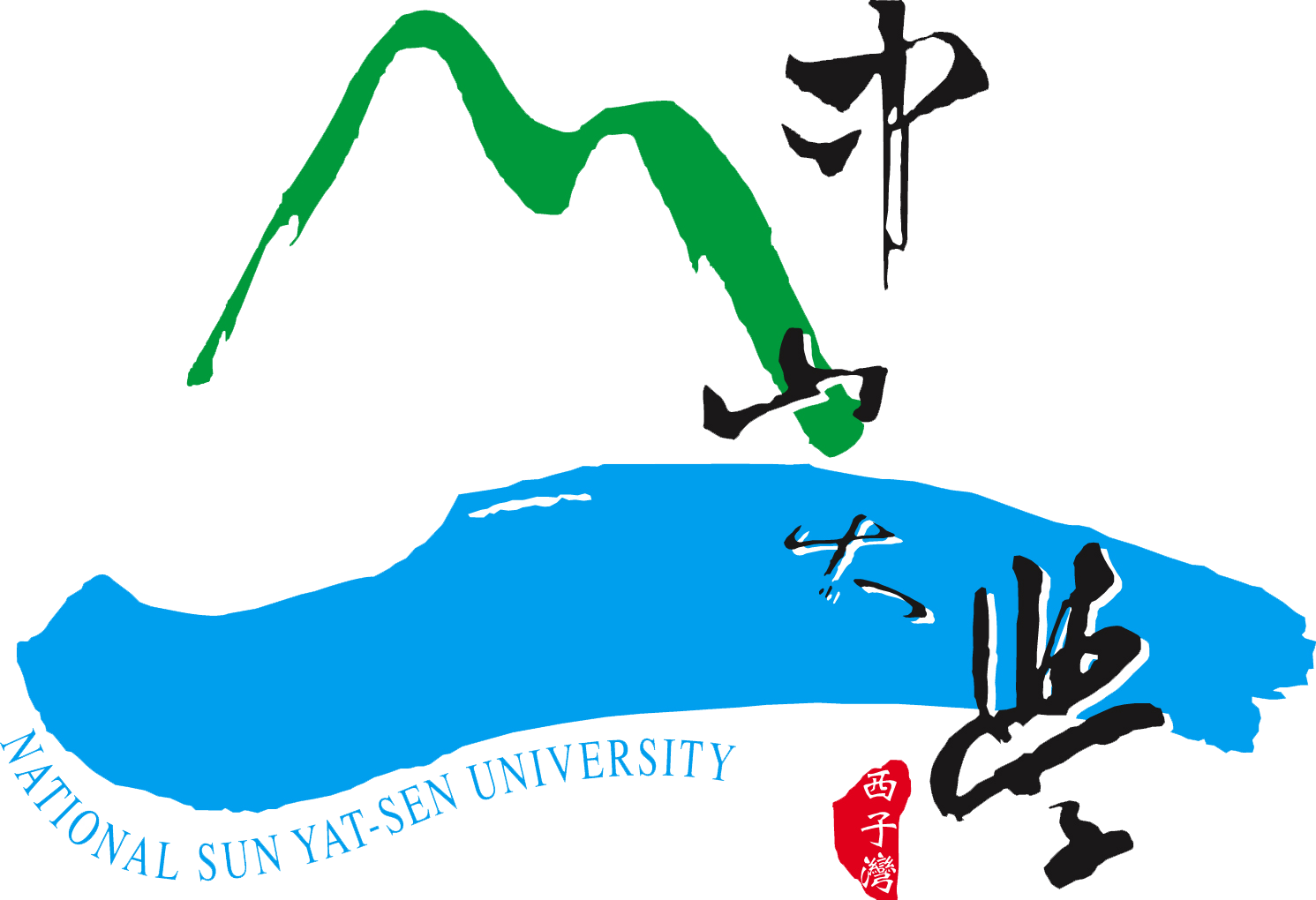Cell Biology & Cell Dynamics Lab
Research Field
Professor
Department of Biological Sciences
National Sun Yat-sen University
Professonal Experience
2020-present Professor
Department of Biological Science
National Sun Yat-sen University
2017-2020 Associate Professor
Department of Biological Science
National Sun Yat-sen University
2012-2017 Assistant Professor
Department of Biological Science
National Sun Yat-sen University
2009~2012 Postdoctoral fellow
Department of Cell Biology
School of Medicine, Johns Hopkins University
2008~2009 Postdoctoral fellow
Department of Anesthesiology & Critical Care Medicine
School of Medicine, Johns Hopkins University
The past research has been dedicated to investigating the role of the Transforming Growth Factor-beta (TGF-β) signaling pathway in various disease processes, including cancer and cardiovascular diseases. TGF-β is involved in numerous biological processes leading to tumor formation, such as cell proliferation, extracellular matrix secretion, cell adhesion, migration, differentiation, and apoptosis. By regulating different endocytic pathways (clathrin-mediated and caveolae-mediated endocytosis), the distribution and degradation of TGF-β receptors on the cell membrane can be influenced, actively affecting the intensity of TGF-β-induced signals. Understanding the mechanism by which endocytosis controls TGF-β activity contributes to unraveling the pathological mechanisms of cancer and finding novel cancer treatment approaches.
Additionally, utilizing biochemical and live-cell imaging techniques, the study explores how cytoskeletal proteins (e.g., myosins and dynamins) impact chemotaxis and endocytosis, investigating their regulatory mechanisms. Chemotaxis and endocytosis play crucial roles in various physiological processes in multicellular organisms, such as embryonic development, immune responses, and the development and regeneration of the nervous system. Research indicates that the reorganization of the cell's movement is primarily orchestrated by the coordination between myosin and actin. Previous studies have shown that myosin with a specific sequence (Pleckstrin Homology domain, PH domain) binds to phosphatidylinositol (3,4,5)-triphosphate (PIP3) on the inner surface of the cell membrane, promoting the aggregation of cytoskeletal proteins into fibrous structures and protruding pseudopods for cell movement or engulfment. Understanding the molecular mechanisms of chemotaxis and endocytosis will aid in comprehending the processes underlying many diseases.
Building on previous research experiences and findings, the current research direction focuses on unraveling how cytoskeletal proteins regulate TGF-β signaling by modulating endocytosis, aiming to discover novel therapeutic approaches for cancer treatment. In recent years, collaboration with Kaohsiung Medical University and our own College of Marine Sciences has led to the discovery of several bioactive natural compounds. These compounds regulate the activity of TGF-β receptors by inhibiting endocytosis. In the future, we hope to collaborate more closely with domestic pharmaceutical research units to identify more drugs with potential for cancer treatment.
Project #1
TGF-beta signaling in cancer development
Project #2
Study the roles of unconventional myosin in cell migration and vesicle trafficking
N/A
Education
2003~2008 Ph. D in Biochemistry & Molecular Biology,
Saint Louis University School of Medicine
1998~2000 M. S. in Life Science,
National Tsing Hua University
1996~1998 Major in Biology,
National Sun Yat-sen University
